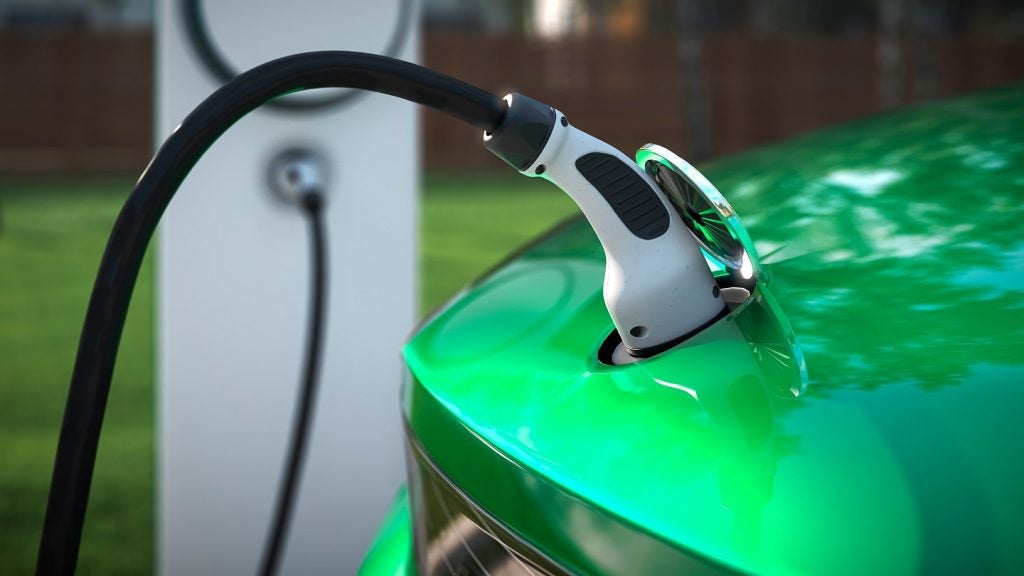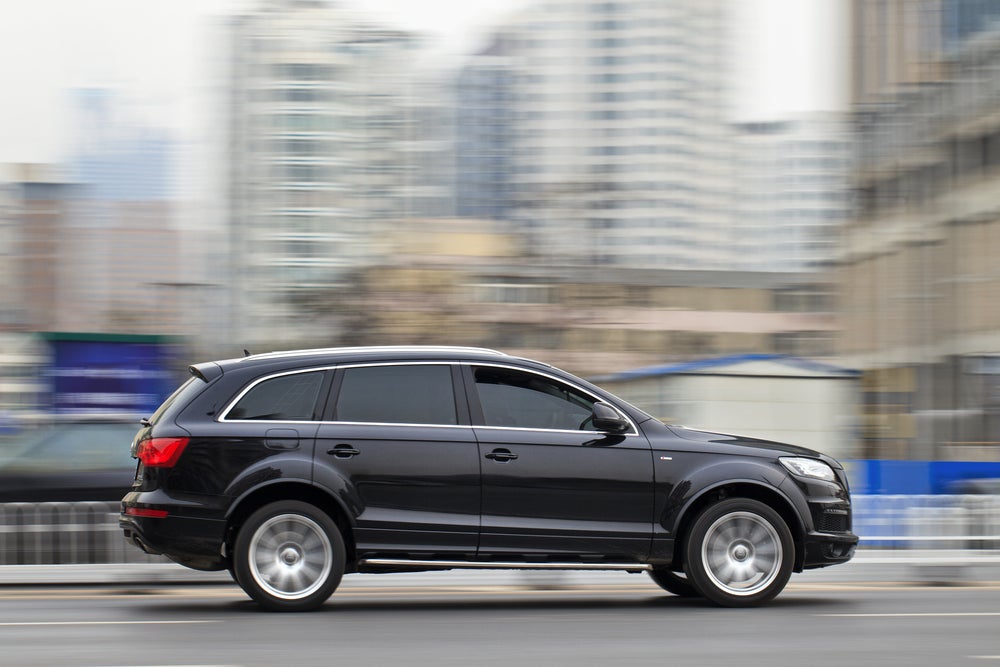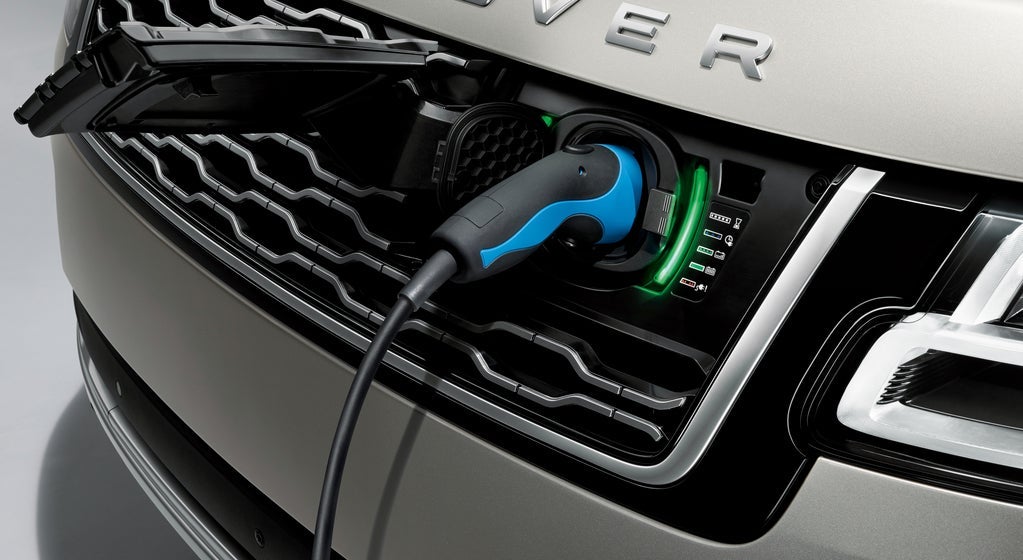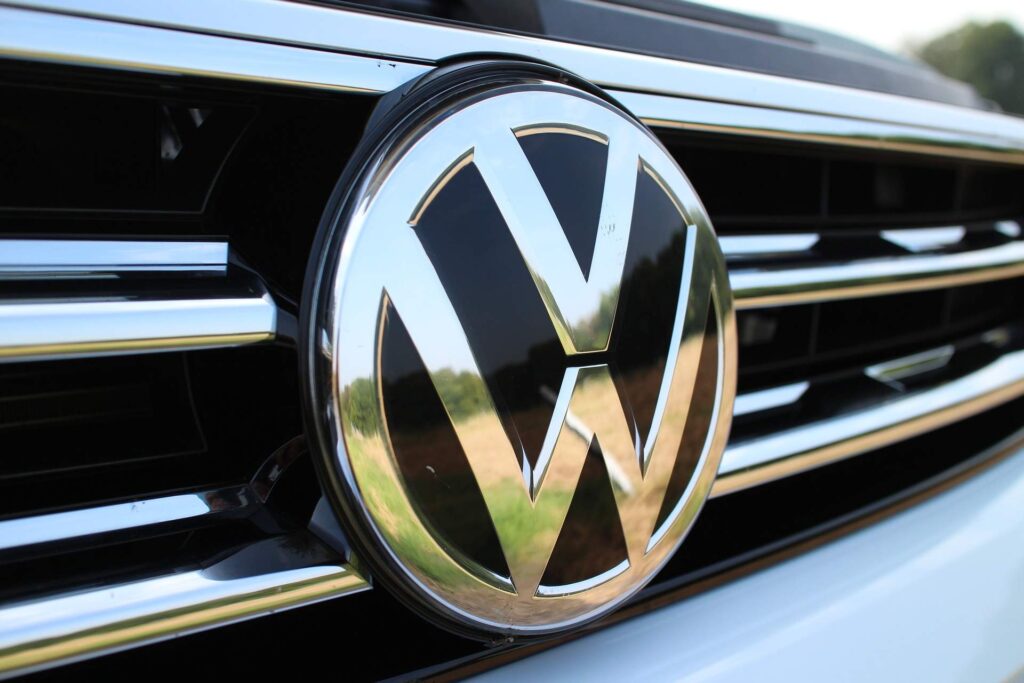
The fleet leasing sector is primed to play a vital role in the UK meeting its electric vehicle targets, in line with the Zero Emission Vehicle (ZEV) mandate coming into effect this week. 42% of new cars added to the BVRLA’s leasing fleet in Q3 2023 were battery electric vehicles (BEV), giving a strong foundation for the industry to achieve the 22% target set for total new car sales in 2024.
The sector is already operating more than 400,000 BEVs, representing more than a third of total cars on the BVRLA’s leasing fleet. The average age of cars on the fleet is just over three years, highlighting the role of the sector in feeding the used EV market with reliable second-hand cars.
Leasing companies take on the risks associated with fluctuating residual values, giving their customers peace of mind. This, coupled with powerful tax incentives that provide an attractive and predictable cost of ownership, is contributing to the strong performance of the company-provided electric car market.
More people are taking advantage of company-provided salary sacrifice car schemes to make the switch to electric. It is a part of the market seeing rapid expansion – year-on-year growth of 68% – as it enables more drivers to switch to EVs. The fair benefit in kind taxation policy makes the vehicles affordable to individuals on lower salaries, democratising the transition without them taking the financial responsibility for the vehicle’s future value.
Amidst the growth in company-provided electric cars, imbalances remain that put the UK’s wider road transport decarbonisation goals at risk. The supply of used EVs is rising faster than demand, and combined with a lack of confidence within the second-hand market is putting pressure on prices. Latest data shows that the average price of second-hand EVs and hybrids fell by 5.9% in Q4 2023, above the average year-on-year fall of 3.3% seen on the most popular used vehicles*. Cheaper second-hand electric cars are good for consumers in the short term, but sustained market turbulence and falls in used vehicle prices eventually lead to higher prices on new leases.
In the personal lease sector, demand for electric cars is much weaker. Prospective EV drivers enjoy fewer tax incentives and have concerns around high energy costs and the impending introduction of the Vehicle Excise Duty Expensive Car Supplement for electric cars from April 2025. Electric cars were responsible for just 15% of new personal lease registrations in Q3 2023, well below the impending ZEV Mandate target.
How well do you really know your competitors?
Access the most comprehensive Company Profiles on the market, powered by GlobalData. Save hours of research. Gain competitive edge.

Thank you!
Your download email will arrive shortly
Not ready to buy yet? Download a free sample
We are confident about the unique quality of our Company Profiles. However, we want you to make the most beneficial decision for your business, so we offer a free sample that you can download by submitting the below form
By GlobalDataGerry Keaney, BVRLA Chief Executive said: “Fleet leasing is helping to deliver decarbonisation at pace. Business customers and fleet users have paved the way. That blueprint must now be utilised to help retail buyers and those in the used market follow suit.
“The UK has set ambitious targets through the ZEV mandate. The leasing sector is an essential partner to vehicle manufacturers as they ramp up their sales of zero-emission vehicles.”
While the picture for cars is a positive one as demand for EVs will grow again in 2024, the electric van market is less clear. Progress towards van decarbonisation is lagging that of cars. Vehicle suitability, transition costs, and infrastructure accessibility remain the crucial barriers to overcome. In response, the BVRLA is working with other trade associations and CV bodies to address key concerns and show van operators how to make the switch effectively. A new electric ‘Van Plan’ is being launched in Q1 2024.
Keaney concludes: “With the introduction of the ZEV mandate officially mapping the UK’s journey to road transport decarbonisation, 2024 marks another critical year for the transition. Opportunities to support the switch are out there. It is now up to us to collectively grab them with both hands.”
Autonomous Vehicles: Navigating technological challenges and regulatory hurdles







